“Misaeng” (미생)
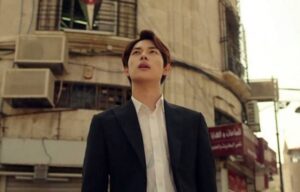
What “Misaeng” does so very well is that it depicts how difficult life can be when everything is stacked against you, and you begin to believe that you don’t deserve more than the scraps people are willing to throw at you.
Journalist, Author & Syndicated Columnist

What “Misaeng” does so very well is that it depicts how difficult life can be when everything is stacked against you, and you begin to believe that you don’t deserve more than the scraps people are willing to throw at you.
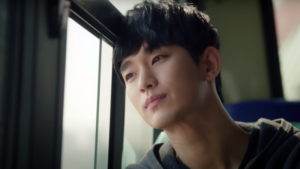
“It’s Okay to Not Be Okay” is an unconventional love story that also focuses beautifully on mental health. It depicts how the aftermath of abuse and abandonment affects the psyche, but reaffirms that no one is a lost cause — and that seeking help is self love.
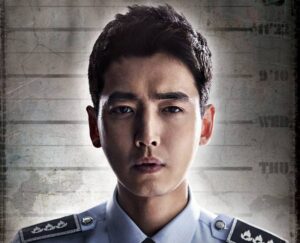
“Prison Playbook” is a dramedy I never wanted to watch. But I’m so glad I did, because it handled social injustice in a way that was palatable to digest, while offering a satisfying ending.

The serial killer element of “Abyss” is intriguing and holds your interest, even though it’s clear from the get-go who the murderer is. There is an accomplice. While you won’t be 100 percent sure who that might be, your first guess is probably correct.

The masterminds behind the superb “Reply” anthology produced another hit series with “Hospital Playlist,” centering around a quintet of long-time friends who are all doctors for the same prestigious hospital.
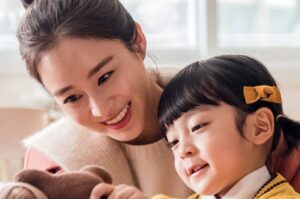
“Hi Bye, Mama” is a testament to mothers, who will sacrifice their own happiness for the sake of their children. This was Kim Tae-Hee’s return to K-Dramas after giving birth to her own two daughters.

A couple months after the series finale aired, I still find myself missing the characters in the superb K-Drama, “Crash Landing on You.”

“Let’s Eat” offers some of the best mouth-watering food scenes I’ve ever seen in any series. But is there more?
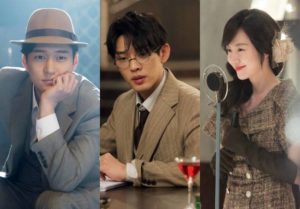
“Chicago Typewriter” takes place in modern-day Seoul, but some of the best storytelling occurs during flashbacks to the 1930s, when Korea was under Japanese occupation. There, we learn about three resistance fighters whose lives and friendship will set the tone for the 21st Century arc.
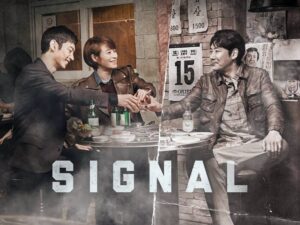
“Signal” makes you ponder the consequences of altering life. Is it fate for a person to die at a certain time, no matter how horrific that death might be? And knowing that saving someone’s life in the past could create catastrophic results in the future, would you still take that chance?

“My Ahjussi” is a satisfying K-Drama focusing on Dong-Hoon, a mid-level engineer who lives a mundane life. He works hard, hangs out with his brothers every evening and goes home to a house where his wife is rarely there. And if she is, she holes away in her home office and ignores him. It can’t be a coincidence that the set designer chose an apartment complex that looks more like a prison than a home for their residence.
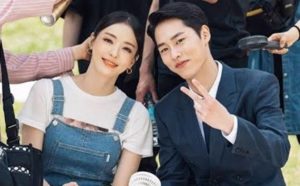
“Search: WWW” is the only K-Drama I can think of where women had the kind of lead roles that ordinarily would’ve gone to men. The female characters not only were the rainmakers where they worked, they were the decision makers who the men followed.
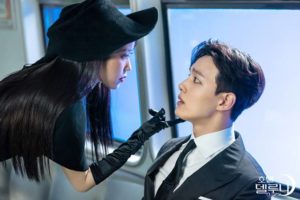
Hotel del Luna is a gorgeous five-star hotel that only accepts dead souls, before they move onto heaven or hell. Yeo plays a Harvard-educated hotelier who is forced to work at the eponymous establishment, due to an agreement his father had made years ago. His boss is the otherworldly Mal-Wol, who has run Hotel del Luna for the past 1,300 years. She is neither dead or alive, but can’t peacefully enter the afterlife until she has settled her personal business on earth. Though the pair’s relationship starts off contentiously, they slowly fall in love and feel they are tied together by a force that can’t be explained.
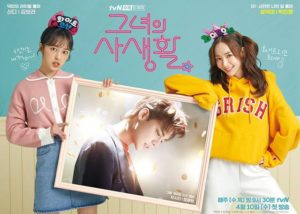
“Her Private Life” starts off as a clever comedy about Sung Duk-Mi — a cultured art curator who also is a diehard fangirl. But it also deftly tackles child abandonment, reunification and forgiveness. The concept of what constitutes a family was a recurring theme. It was refreshing to see that relationships based on bloodlines weren’t the only ones valued and that families are sometimes borne from tragic circumstances.
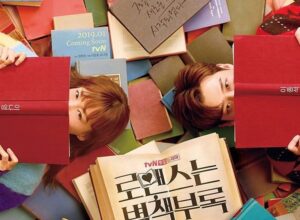
I could go on and on about the romance elements. But because I knew the lead character would be fine regardless of who she chose — and that the men would be OK as well — I was more fascinated by the dynamics at the workplace and how difficult it can be for women to juggle being a mom with having a job outside of the home.
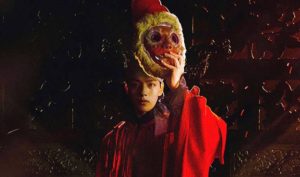
A serialized remake of the 2012 film “Masquerade” (광해: 왕이 된 남자), “The Crowned Clown” stars Yeo Jin-goo as young, immoral king Yi Heon, whose crown is constantly under threat. Drugged out on opium (initially unknowingly, and later willingly), he eagerly agrees to allow a lookalike jester, Ha Seon, to impersonate him until things are under control. In other words, let the clown be assassinated in his place.
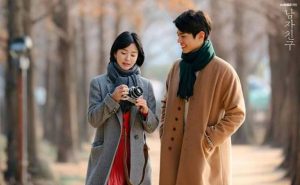
“Encounter” is a treat for the eyes. Besides the obvious attractiveness of lead actors Song Hye-Kyo and Park Bo-Gum, the scenery — especially in Havana, Cuba — is a lush, welcome guest star. Unfortunately, by the time the credits have rolled, I realized that most of the series was much ado about nothing.

A unique series that kept me guessing until the end, “Memories of the Alhambra” starts off with a strong, intriguing premise: A teenage videogame developer has created an addictive world of augmented reality (AR), where players interact seamlessly with medieval warriors. Gamers go to real-life places (e.g. restrooms in neighborhood bars) to acquire weapons, which are only visible to people wearing special optical lenses.
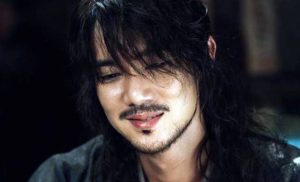
Helmed by writer Kim Eun-Sook and director Lee Eung-Bok — who previously collaborated together on “Descendants of the Sun” and “Goblin: The Lonely and Great God” — the misleadingly named “Mr. Sunshine” does a beautiful job of juggling multiple story lines that are full of suspense, intrigue and achingly quiet romance.
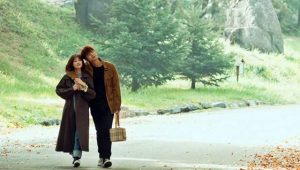
A remake of the 2002 Japanese TV series, “Sora Kara Furu Ichioku no Hoshi,” “The Smile Has Left Your Eyes” wasn’t nearly as subversive as the original, which had almost no moral compass (incest, murder, underage sex). A Korean film could’ve tackled those topics. But I knew there was no way a primetime Korean drama would delve too much into the seamier aspects of society.